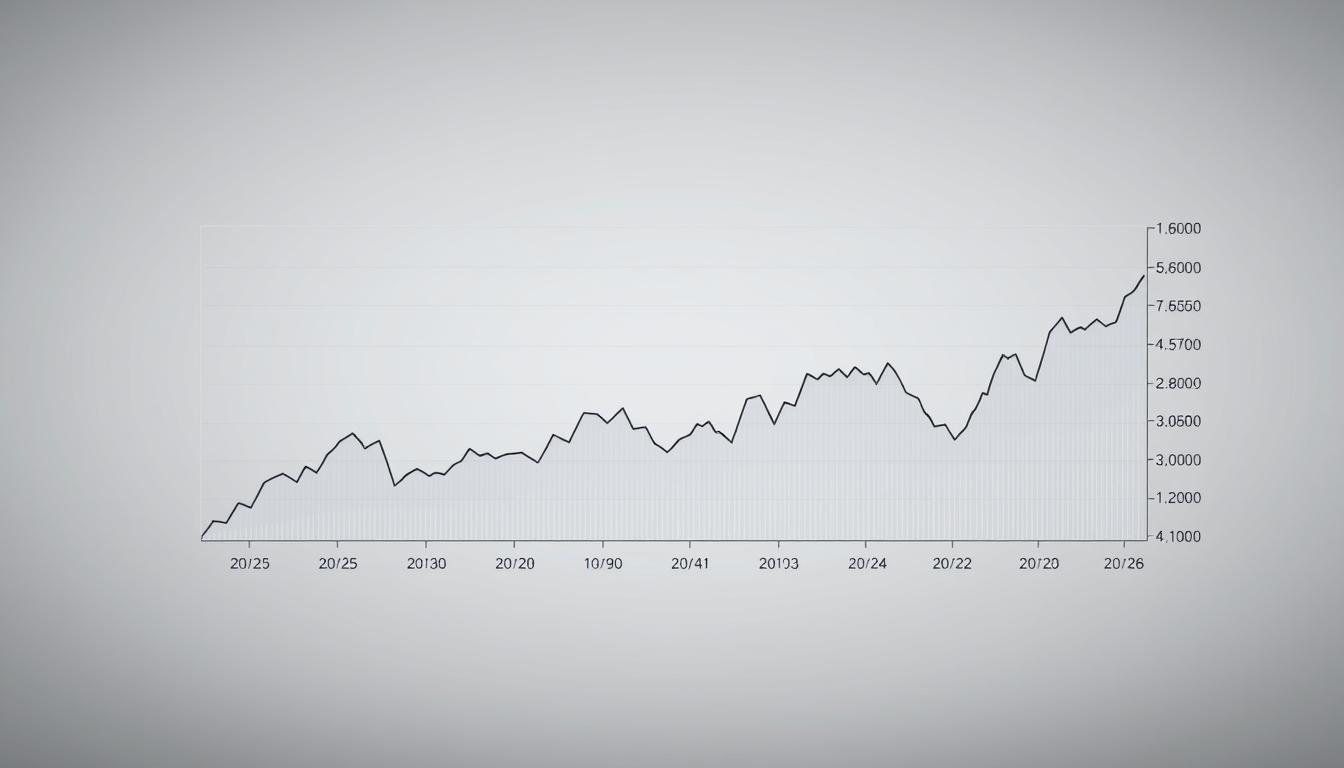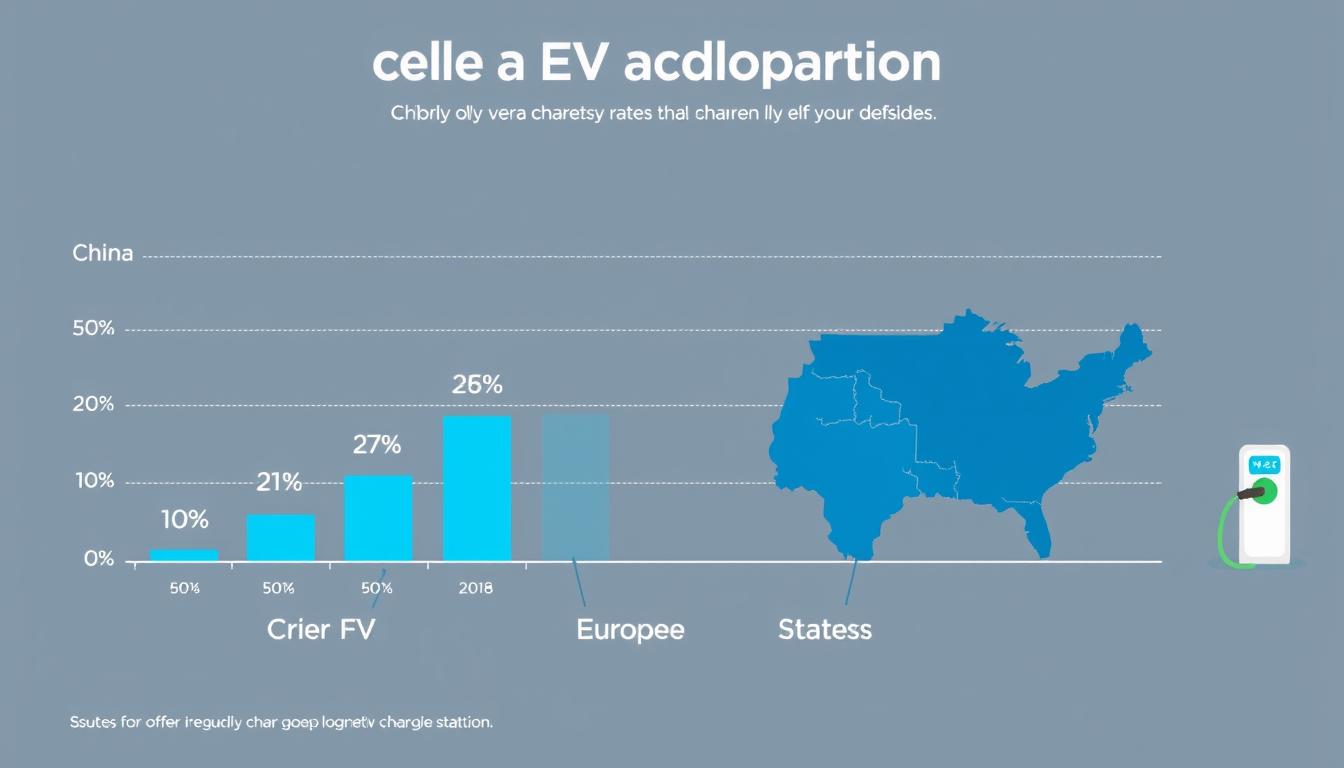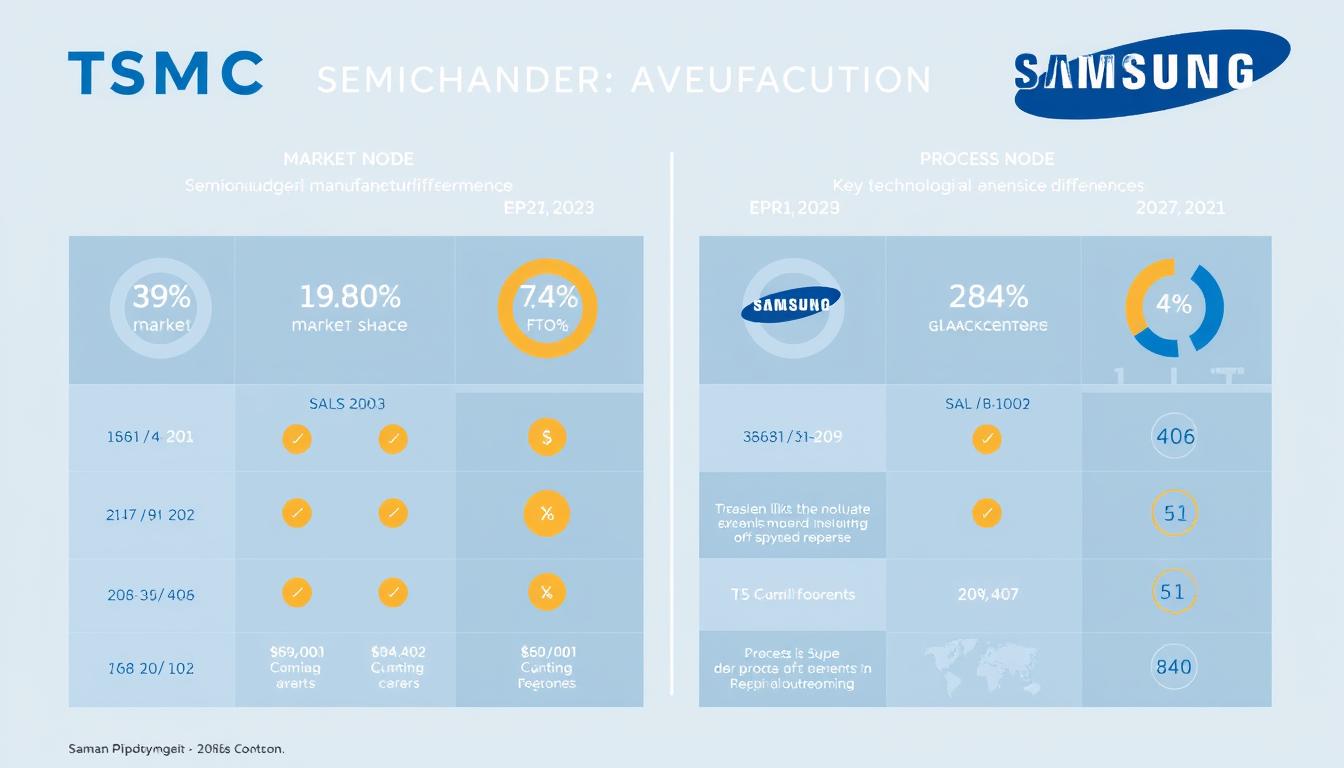Kraft Heinz, one of America’s largest food conglomerates, is facing significant challenges in maintaining its growth trajectory in today’s competitive market. The company’s recent financial reports have raised concerns among investors and market analysts about its long-term viability.
The business has struggled with declining sales and a shrinking stock performance as it navigates inflation, changing consumer preferences, and increased competition from private label brands. With net sales down 6.4% and organic sales down 4.7%, the company is under pressure to revitalize its business.
Key Takeaways
- The Kraft Heinz company is facing significant challenges in the competitive food market.
- Recent financial reports have raised concerns about the company’s long-term viability.
- The business is struggling with declining sales and a shrinking stock performance.
- The company must navigate inflation and changing consumer preferences.
- Increased competition from private label brands is a significant challenge.
Kraft Heinz’s Recent Financial Performance
Kraft Heinz’s financial performance has been under scrutiny lately due to declining sales. The company’s latest quarterly results have raised concerns among investors and analysts alike.
Q1 Trading Update and Declining Numbers
The Q1 trading update revealed a significant decline in Kraft Heinz’s sales figures. Net sales declined by 6.4%, while organic sales dropped by 4.7%. This decline is a cause for concern and indicates a challenging market environment for the company.
Net Sales Decline of 6.4%
The net sales decline of 6.4% is a significant drop, reflecting the difficulties Kraft Heinz is facing in maintaining its sales momentum.
Organic Sales Drop of 4.7%
The organic sales drop of 4.7% further highlights the company’s struggles with its core business. This decline is particularly noteworthy as it indicates a weakening of Kraft Heinz’s competitive position.
Revised Full-Year Guidance
In response to its declining sales, Kraft Heinz has revised its full-year guidance. The company now expects a decline in organic net sales of up to 3.5%, a significant shift from its previous expectation of “flat” organic net sales.
Shift from “Flat” to 3.5% Decline in Organic Net Sales
This revised guidance has had a substantial impact on investor sentiment, with many questioning the company’s ability to recover.
Impact on Stock Performance
The revised guidance has also affected Kraft Heinz’s stock performance, with the share price exploring multi-year lows. The company’s stock now trades at just 9.3 times adjusted earnings, reflecting investor skepticism about its future growth potential.
| Financial Metric | Previous Guidance | Revised Guidance |
|---|---|---|
| Organic Net Sales | Flat | Up to 3.5% Decline |
| Earnings Per Share | $3.04 | $2.68 |
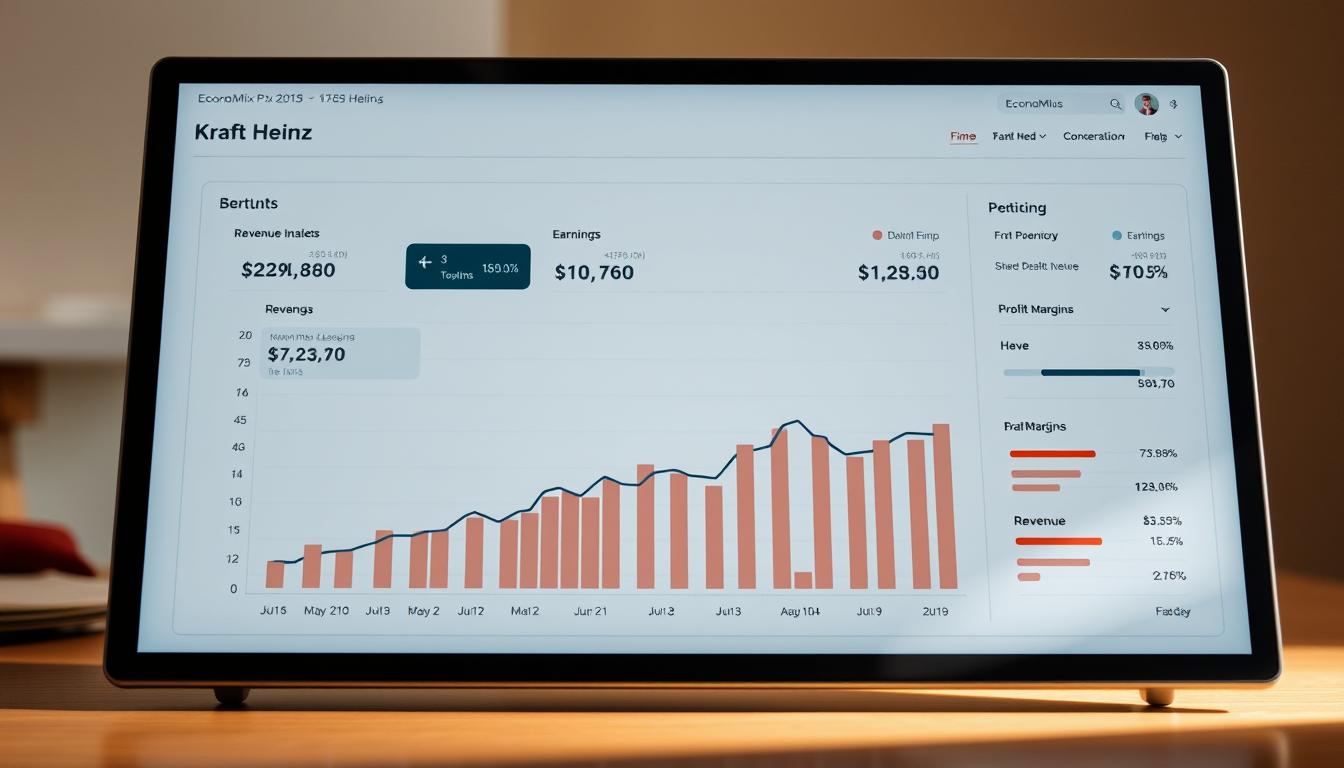
As noted by analysts, Kraft Heinz’s revised guidance provides flexibility to increase investments in closing price gaps with private label competitors and increase trade spending to drive volume. Despite the challenges, the company’s 5.6% dividend yield remains one of the highest in the S&P 500 index, potentially attracting income-focused investors.
“The revised guidance will provide flexibility to increase investments in closing price gaps with private label competitors and increase trade spending to drive volume.”
Is Kraft Heinz Losing Its Appetite for Growth?
Kraft Heinz’s appetite for growth appears to be waning today due to various market pressures. The company’s recent financial performance, as noted by analysts, has been underwhelming, with several iconic brands, including mac cheese, within its portfolio underperforming this quarter.
Challenges Facing the Food Giant
The food giant is grappling with significant challenges, including inflation and price sensitivity. As consumers become increasingly budget-conscious, they are seeking cheaper alternatives to Kraft Heinz’s branded products.
Inflation and Price Sensitivity
The current economic environment has heightened price sensitivity among consumers, leading to a decline in demand for Kraft Heinz’s premium products.
Tariff Concerns and Market Tensions
Tariff concerns and market tensions are further exacerbating the challenges faced by Kraft Heinz, impacting its ability to maintain competitive pricing and navigate the complex market landscape.
Struggling Brands in the Portfolio
Several brands within Kraft Heinz’s portfolio are struggling, including its Mac & Cheese and Lunchables products. These brands are experiencing significant volume declines as consumers opt for cheaper alternatives.
Mac & Cheese and Lunchables Performance
The performance of Mac & Cheese and Lunchables has been particularly concerning, with both brands witnessing substantial declines in sales volume. Kraft Heinz is attempting to address this by introducing value formats, such as larger Mac & Cheese boxes.
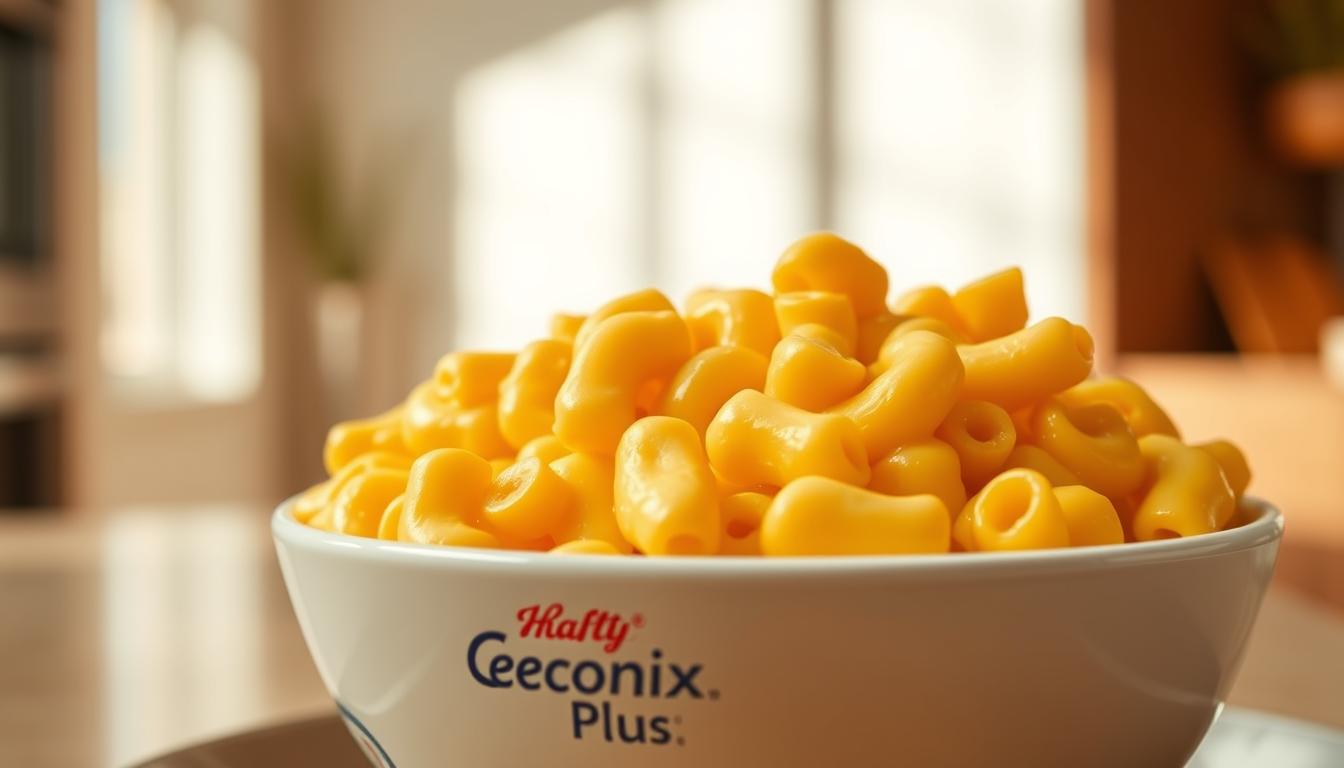
The shift in consumer preference toward cheaper alternatives reflects a broader trend in the packaged food industry, where brand loyalty is being tested by economic pressures. Kraft Heinz’s efforts to bridge the price gap between its branded products and private label alternatives are ongoing, but the risk of cannibalizing higher-margin products remains a concern.
CEO’s Strategy for Recovery
Kraft Heinz’s CEO, Carlos Abrams-Rivera, is steering the company towards recovery with a transformative vision. This vision is centered around addressing the challenges faced by the company while capitalizing on areas of growth.
Carlos Abrams-Rivera’s Transformative Vision
Carlos Abrams-Rivera’s strategy focuses on “controlling the controllables” and achieving efficiency targets. By doing so, the company aims to improve its overall performance and drive growth.
Focus on “Controlling the Controllables”
The company is prioritizing areas that are within its control to drive improvement. This includes optimizing operations and managing costs effectively.
Efficiency Targets and Progress
Kraft Heinz is working towards achieving its efficiency targets, which is expected to contribute to the company’s recovery. Progress in this area is being closely monitored to ensure the company stays on track.
Areas of Growth and Opportunity
Despite overall challenges, Kraft Heinz is seeing encouraging growth in specific product categories. The company’s pasta sauces in the US have shown a 5% organic net sales increase, while frozen meals in Canada have grown by 7%. Specialty brands like Primal Kitchen condiments and Mexican foods and sauces are also outperforming the broader portfolio, with sales boosts of 10% and 15%, respectively.

The success in pasta sauces and frozen meals is a positive indicator for Kraft Heinz’s recovery. These product categories are driving growth and are expected to continue performing well.
Emerging Markets Performance
Emerging markets represent a significant opportunity for Kraft Heinz, with these regions delivering a 3.9% increase in net sales for the quarter. The recovery in Brazil has been particularly noteworthy, with analysts projecting double-digit market growth by the end of the year.
By focusing on areas of growth and opportunity, Kraft Heinz is poised for recovery under the leadership of CEO Carlos Abrams-Rivera. The company’s strategy is centered around driving value from its products and portfolio, with a particular emphasis on emerging markets.
Future Outlook for Kraft Heinz
The road ahead for Kraft Heinz is fraught with challenges, but the company’s valuable brands and distribution network offer a glimmer of hope. As Kraft Heinz works to reverse declining sales trends and regain consumer trust, its future outlook will largely depend on the successful implementation of CEO Carlos Abrams-Rivera’s transformative vision.
Analysts remain divided on Kraft Heinz‘s prospects, with some viewing it as a turnaround story in progress that could represent a value investment opportunity given its strong brand portfolio and distribution network. The company‘s success will hinge on striking the right balance between maintaining pricing power and offering sufficient value to retain price-sensitive consumers in today’s inflationary environment.
While short-term challenges persist, Kraft Heinz‘s long-term potential should not be dismissed given its scale, operational efficiency initiatives, and opportunities in emerging markets and growing product categories. As the food industry continues to evolve, Kraft Heinz‘s ability to innovate and respond to consumer needs will be crucial to its long-term success.
FAQ
▶
▶
▶
▶
▶
▶
